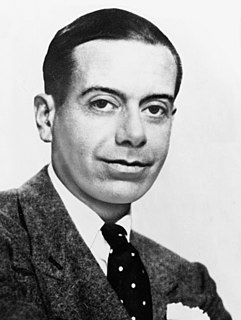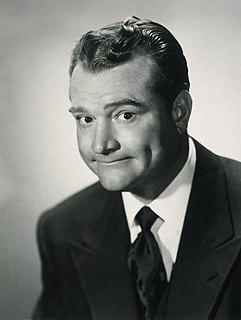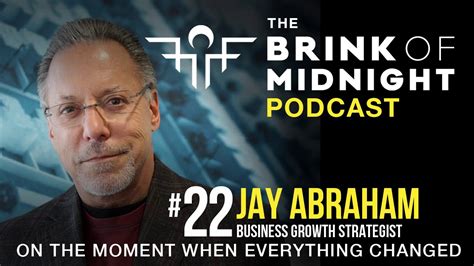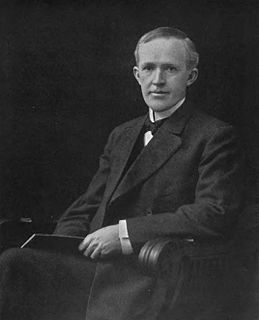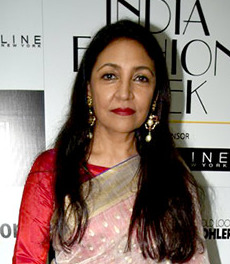A Quote by Cole Porter
Good authors, too, who once knew better words now only use four-letter words writing prose... anything goes.
Related Quotes
My sole inspiration is a telephone call from a director. ... (when asked who wrote 'Some Enchanted Evening') Rodgers and Hammerstein, if you can imagine it taking two men to write one song. ... Good authors, too, who once knew better words now use only four-letter words writing prose. ... Brush up your Shakespeare and they'll all kowtow.
If something comes along that you don't like, there are a few sort of four-letter words that you can use to push it out of the sphere of discussion. If you were in a bar downtown, they might have different words, but if you're an educated person what you use are complicated words like "conspiracy theory" or "Marxist." It's a way of pushing unpleasant questions off the agenda so that we can continue in our own happy ideology.
Make your copy straightforward to read, understand and use. Use easy words; those that are used for everyday speech. Use phrases that are not too imprecise and very understandable. Do not be too stuffy; remove pompous words and substitute them with plain words. Minimize complicated gimmicks and constructions. If you can't give the data directly and briefly, you must consider writing the copy again.
If you know that everything comes from the mind, don't become attached. Once attached, you're unaware. But once you see your own nature, the entire Canon becomes so much prose. It's thousands of sutras and shastras only amount to a clear mind. Understanding comes in midsentence. What good are doctrines? The ultimate Truth is beyond words. Doctrines are words. They're not the Way. The Way is wordless. Words are illusions. . . . Don't cling to appearances, and you'll break through all barriers. . . .
The definition of good prose is proper words in their proper places; of good verse, the most proper words in their proper places.The propriety is in either case relative. The words in prose ought to express the intended meaning, and no more; if they attract attention to themselves, it is, in general, a fault.
Style is a very simple matter; it is all rhythm. Once you get that, you can't use the wrong words. But on the other hand here am I sitting after half the morning, crammed with ideas, and visions, and so on, and can't dislodge them, for lack of the right rhythm. Now this is very profound, what rhythm is, and goes far deeper than any words. A sight, an emotion, creates this wave in the mind, long before it makes words to fit it.
I feel like the reason I ended up becoming a playwright is because I never choose the right word. As a kid, my fantasy profession was to be a novelist. But the thing about writing prose - and maybe great prose writers don't feel this way - but I always felt it was about choosing words. I was always like, "I have to choose the perfect word." And then it would kill me, and I would choose the wrong word or I would choose too many perfect words - I wrote really purple prose.
